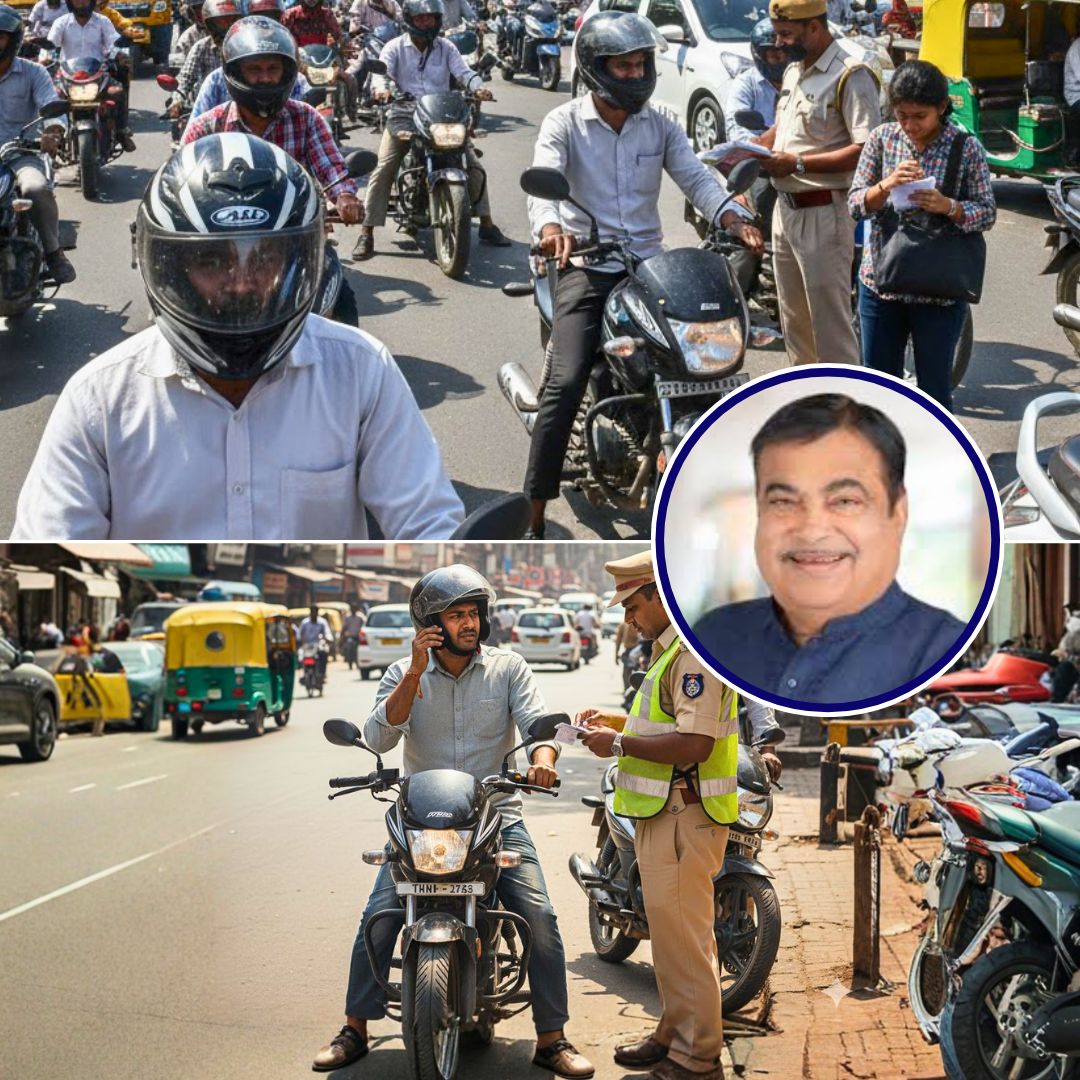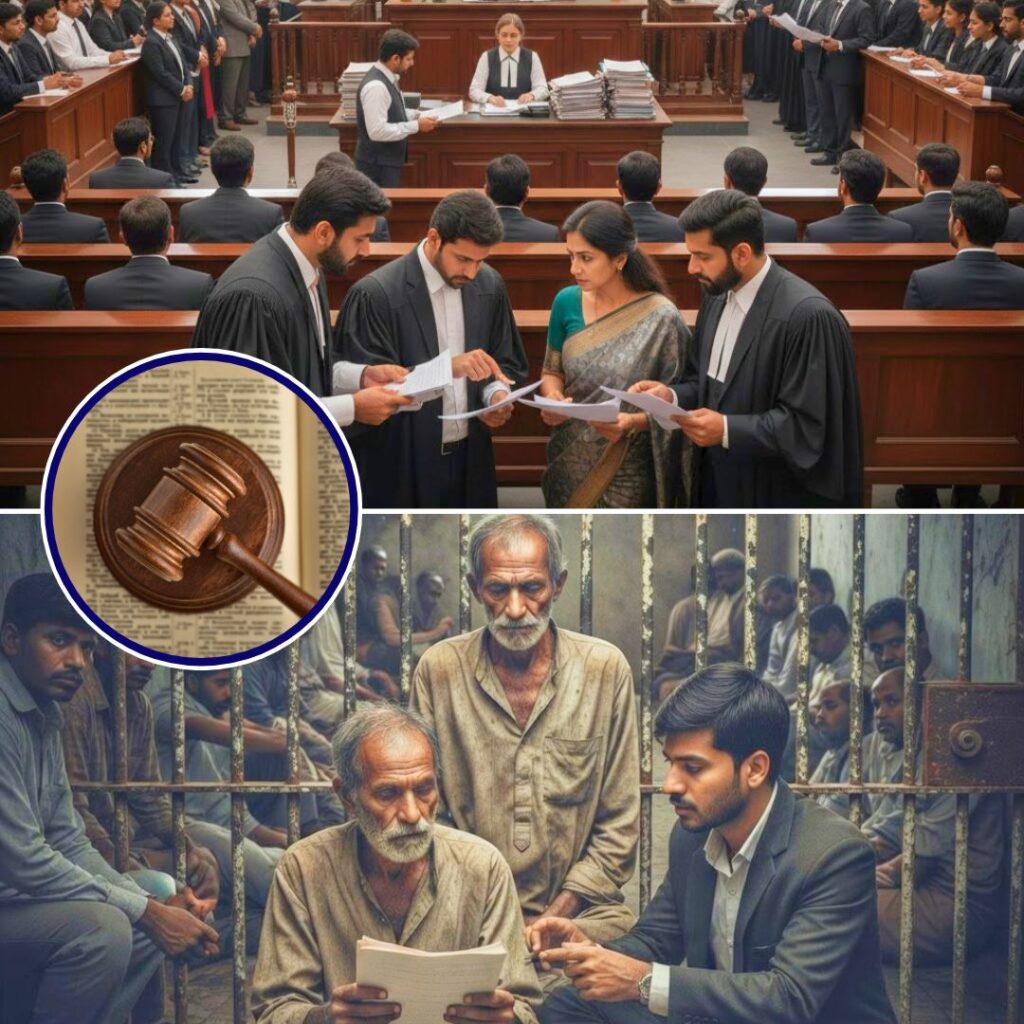Beginning January 2026, every new two-wheeler sold in India, across all engine sizes and categories, will mandatorily come equipped with Anti-lock Braking Systems (ABS) and two BIS-certified helmets.
One helmet will be provided for the rider and the other for the pillion, marking a major step in the government’s effort to curb rising road fatalities involving motorcycles and scooters.
Since two-wheelers account for a large share of India’s traffic deaths, the new rules aim to strengthen basic safety standards, reduce the impact of crashes, and minimise preventable head injuries. Officials say the measure is part of a long-term strategy to make Indian roads safer, especially for vulnerable riders.
New Safety Rules for Two-Wheeler Buyers
From January 2026, the Ministry of Road Transport and Highways may enforce two major safety changes for all new two-wheelers. First, every vehicle must be equipped with ABS, a feature that prevents wheels from locking up during sudden braking, helping riders maintain control and reducing the risk of skidding or falling.
Second, dealerships must provide two BIS-certified helmets with each purchase, ensuring both rider and pillion have access to genuine safety gear. Currently, only bikes above 125cc are required to have ABS, and only one helmet is provided. The new rules will extend these safety features to all two-wheelers, including budget scooters and motorcycles.
What Is ABS
Anti-lock Braking System (ABS) is a crucial safety feature that prevents a vehicle’s wheels from locking during sudden or hard braking. Instead of skidding, ABS allows the rider to maintain steering control, reducing the risk of crashes, especially on wet or uneven roads.
For two-wheelers, ABS is particularly life-saving because even minor skids can lead to major injuries. By mandating ABS across all scooters and motorcycles, the government aims to significantly cut down on road accidents and improve rider stability during emergency braking situations.
What Are BIS-Certified Helmets
BIS-certified helmets are protective helmets approved by the Bureau of Indian Standards, ensuring they meet strict safety, durability, and impact-resistance requirements. Unlike cheap or non-standard helmets, BIS-certified ones undergo testing for shock absorption, shell strength, strap quality, and protection against head injuries.
The certification guarantees that the helmet can withstand high-impact collisions and provide real safety on Indian roads. With this mandate, both riders and pillion passengers will receive reliable, government-approved helmets designed to actually save lives, not just avoid fines.
Why ABS and Helmets Matter
ABS is crucial because it automatically adjusts brake pressure, especially on wet or uneven roads, preventing wheel lockup and reducing the risk of accidents. Helmets, especially BIS-certified ones, are vital for protecting riders and passengers from head injuries, which are a leading cause of fatalities in two-wheeler accidents.
The government estimates that these changes will drastically reduce the circulation of substandard or fake helmets, which were previously distributed by some dealerships.
According to Rajeev Kapur, MD of Steelbird Helmets and President of the Two-Wheeler Helmet Manufacturers Association of India, “With this regulation, approximately four crore BIS-certified helmets will now reach Indian roads every year, directly benefiting both riders and pillion riders”.
Impact on Prices and Road Safety
While the new rules will boost safety, they may also increase the price of some two-wheelers, especially entry-level bikes under 125cc. The extra cost of ABS hardware and two certified helmets could push up prices by a few thousand rupees.
However, the government believes that the long-term benefits in terms of reduced accidents and fatalities far outweigh the short-term cost increase. Two-wheeler users make up about 44% of all road deaths in India, and many of these deaths occur because of head injuries resulting from not wearing helmets.
By making ABS and two helmets mandatory, the government hopes to make Indian roads safer for millions of two-wheeler users.
The Logical Indian’s Perspective
These new safety rules are a significant step towards protecting the lives of millions of two-wheeler riders and passengers in India. The Logical Indian applauds the government’s efforts to enforce higher safety standards and calls for continued vigilance in ensuring compliance.













